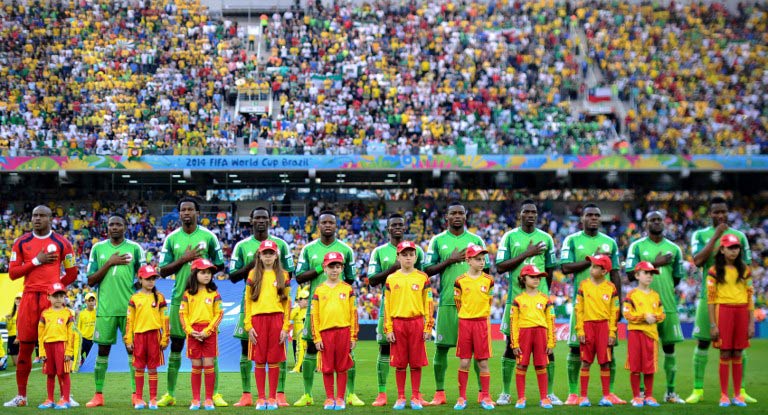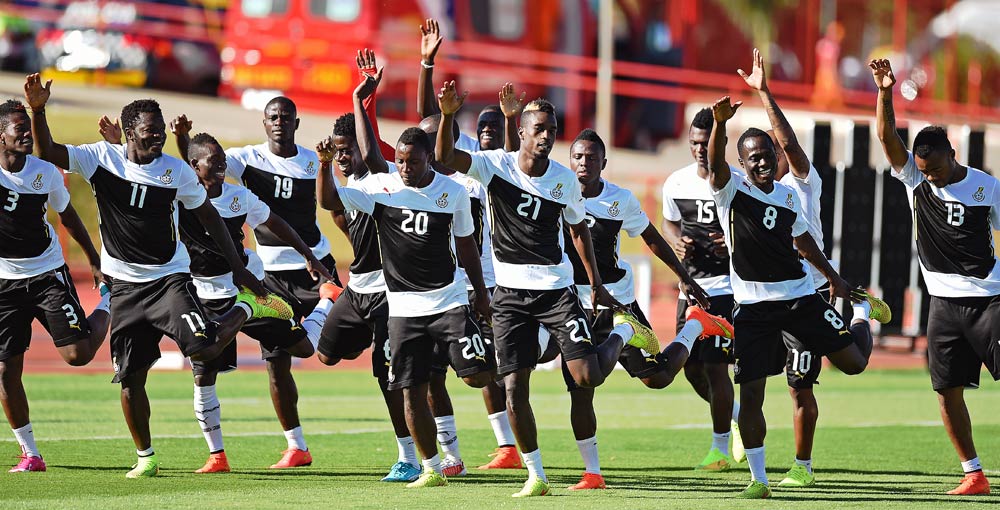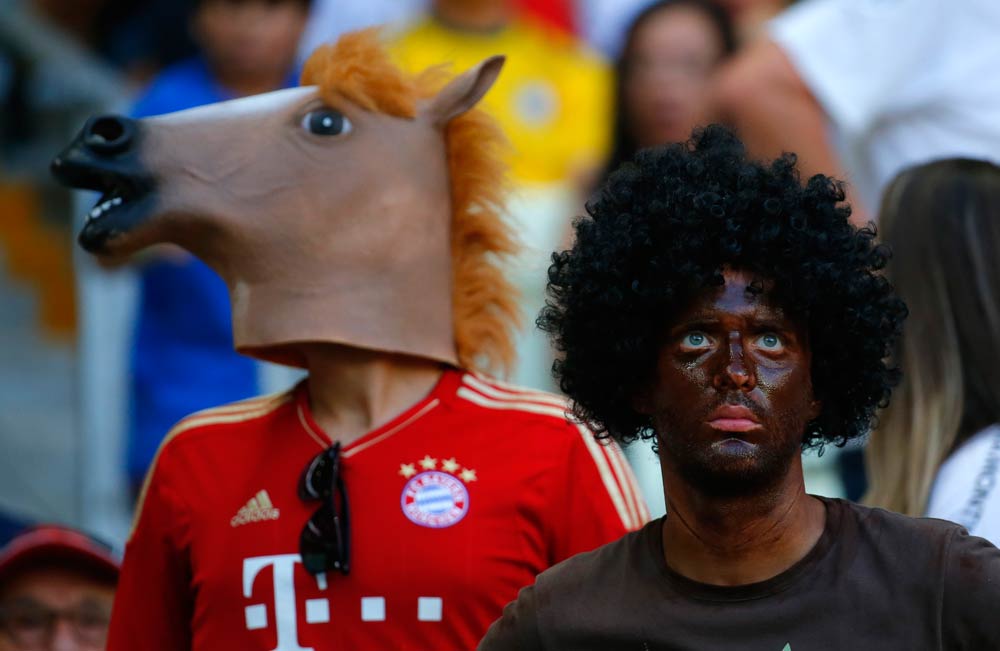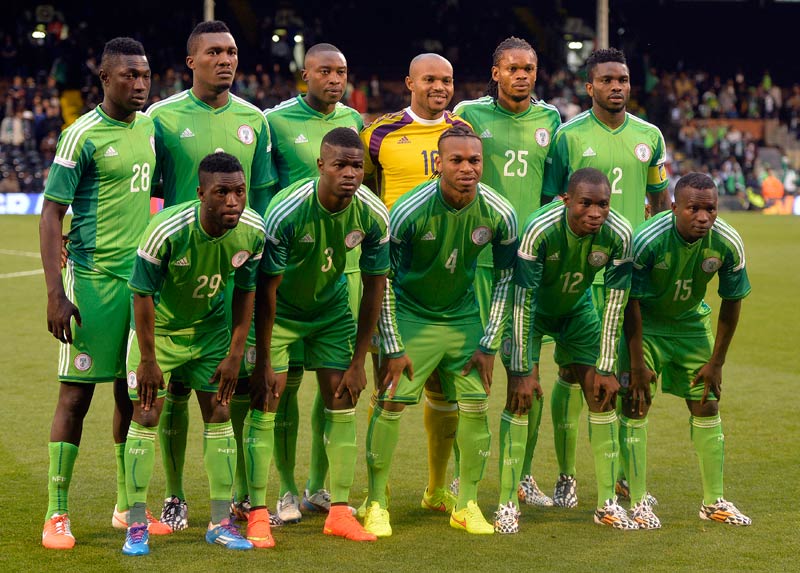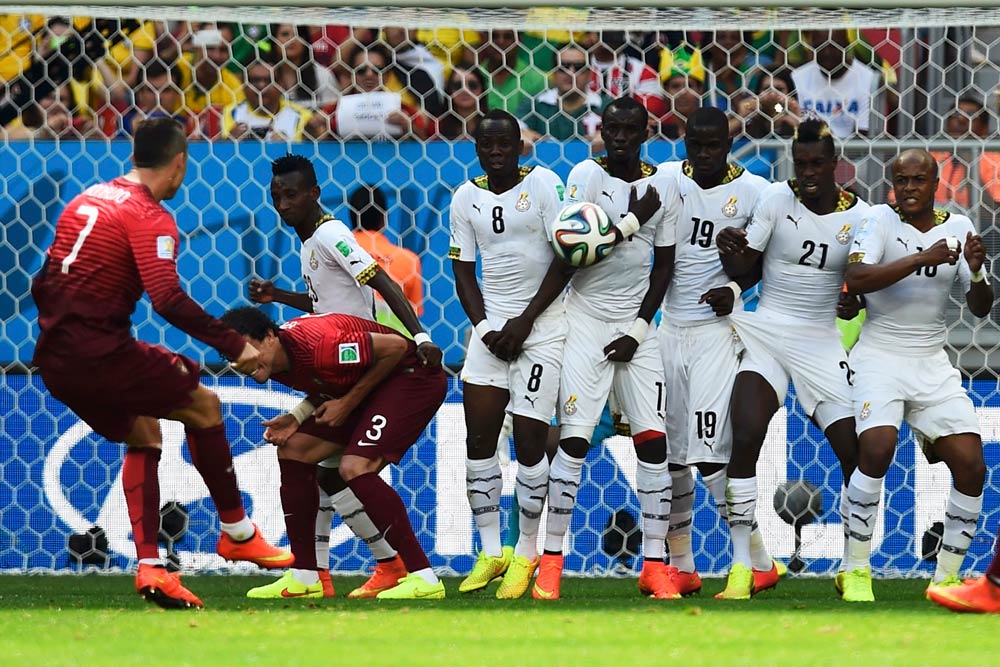
Around 200 Ghanaians have requested asylum after travelling to Brazil to watch the World Cup, with officials expecting hundreds more to do so once the tournament ends.
Fans who travelled to see the Black Stars said they were Muslims “fleeing the violent conflicts between different Muslim groups”, police chief Noerci da Silva Melo told the news agency Agencia Brasil. Ghana, one of Africa’s most peaceful countries, has no recorded conflict among a population that is about two-thirds Christian.
Many of the asylum-seekers have taken shelter in a local Catholic seminary, which is helping them prepare official documents.
But dozens arriving daily in Brazil’s affluent southern states of Sao Paulo, Santa Catarina and Rio Grande do Sul – all several hundred miles south of the venues where the Ghanaian team played – had hoped to find work, Da Silva Melo said.
“This region, Serra Gaucha, is known as an area of full employment. It has became a magnet for foreign workers,” he said. “You go through the streets and you can see many Haitians and Senegalese selling pirated CDs and watches. The area is overcrowded now.”
The majority of the arrivals said they were victims of an illegal ring who had demanded payment after luring them with false promises of work, said police investigator Vinícius Possamai Della.
“The majority of them arrived with only the clothes on their backs and no money. Some of them have taken to sleeping in the city’s bus park,” the journalist Flavio Ilha of O Globo newspaper said.
A Catholic seminary, the Centro de Atendimento ao Migrante, has been receiving food and clothes donations after taking in 219 Ghanaians, two of them women, the centre’s director said.
The asylum-seekers “faced life-threatening situations back home. They feel they can find work and better living conditions in Brazil,” the centre’s director Vanessa Perini Moojen told the Associated Press.
‘No religious conflict’
But Ghanaian authorities say the country has no religious conflict. “The basis for this alleged request is completely false as no religious conflict is taking place in Ghana,” deputy information minister Felix Kwakye Ofosu said. “Ghana’s mission in Brazil has been instructed to liaise with the Brazilian authorities to investigate the matter.”
The Brazilian justice ministry will decide whether to grant their requests and in the meantime, they are allowed to work and circulate in the country.
An official delegation of 650 fans went to Brazil to support the Black Stars, but police said they are expecting a further 1 000 Ghanaians to request refugee status in the next week.
Ghana’s foray into the Cup was beset by off-pitch woes. President John Dramani Mahama was forced to fly a plane with $3-million in cash to Brasilia after players threatened to boycott a match against Portugal. Defender John Boye, who later scored an own goal in a game the team lost 2–1, was captured on television kissing wads of cash delivered under armed guard to the players’ hotel.
Following a failure to make it past the group stages, the team is now under investigation after allegations of match-fixing.
In past international sporting events, athletes from the continent have sometimes disappeared in their host country. During London’s 2012 Olympics, seven Cameroonian athletes went missing, as did an Ethiopian torchbearer.
“You cannot blame them at all. No matter how much they decry it, a lot of our African officials would do the same thing given the first opportunity,” Ghanaian Martin Asamoah said from the capital, Accra.
Monica Mark for the Guardian


